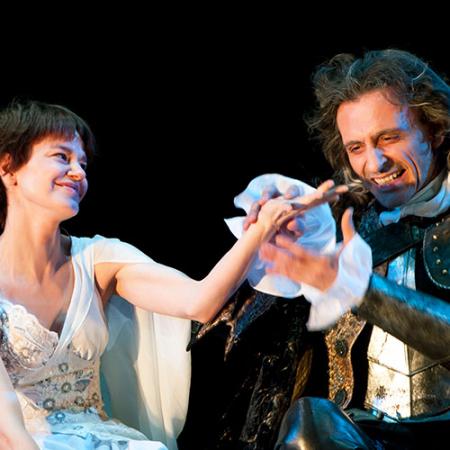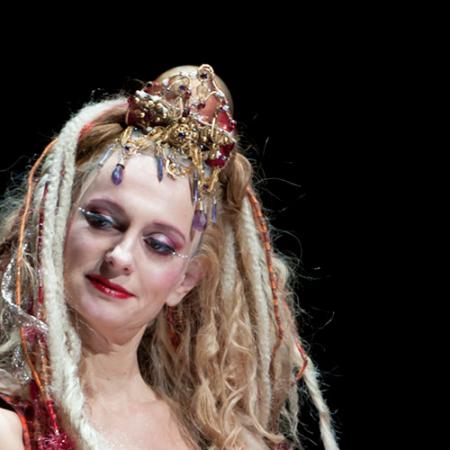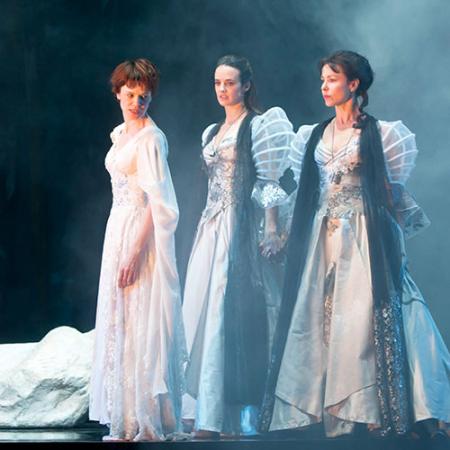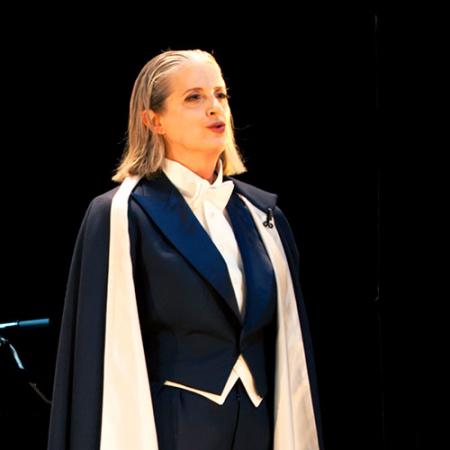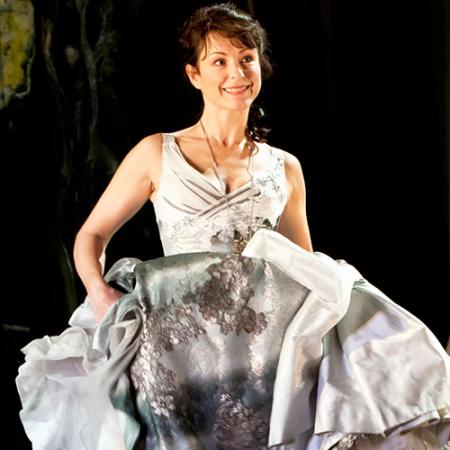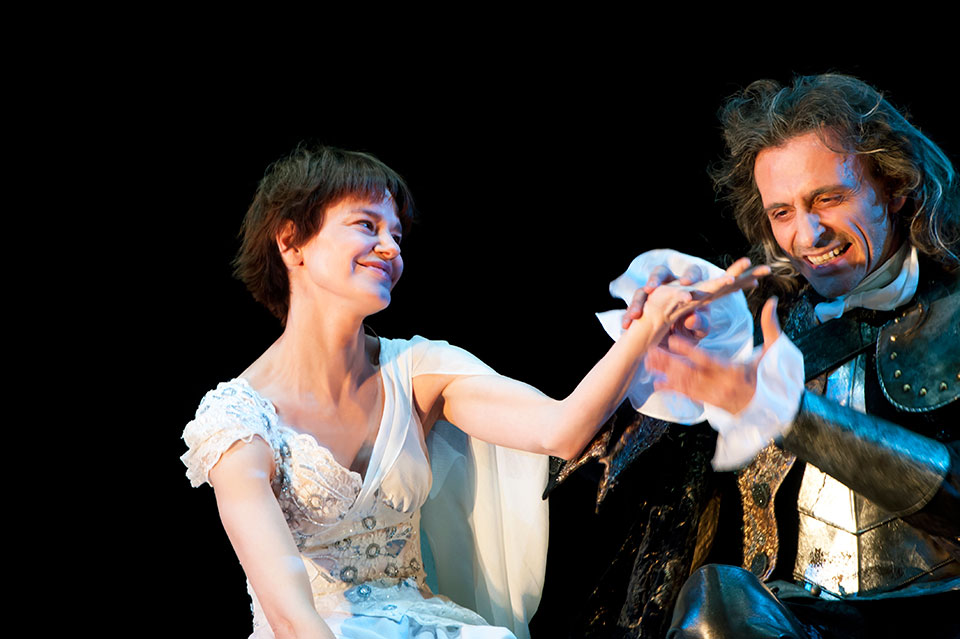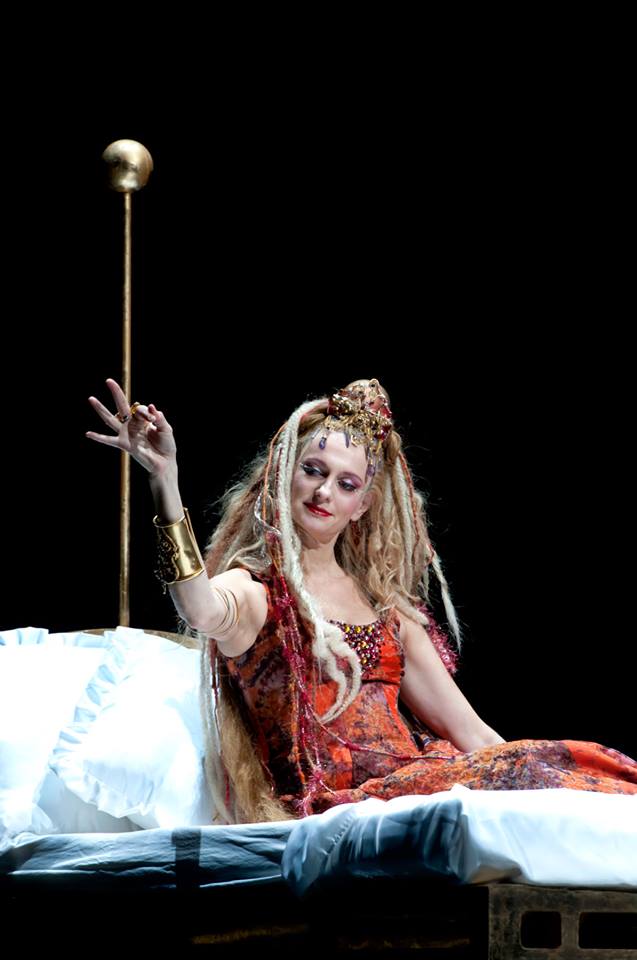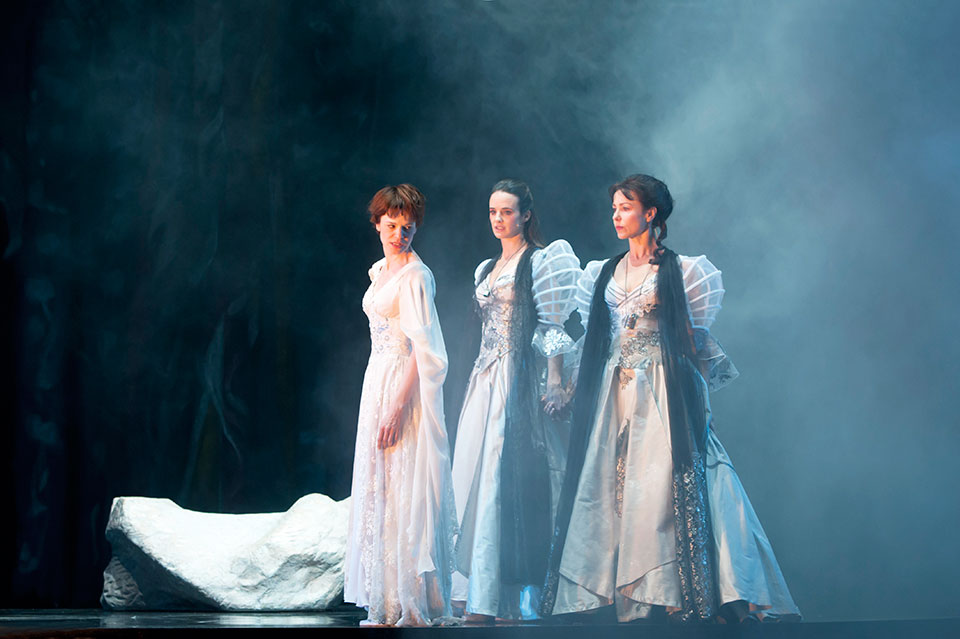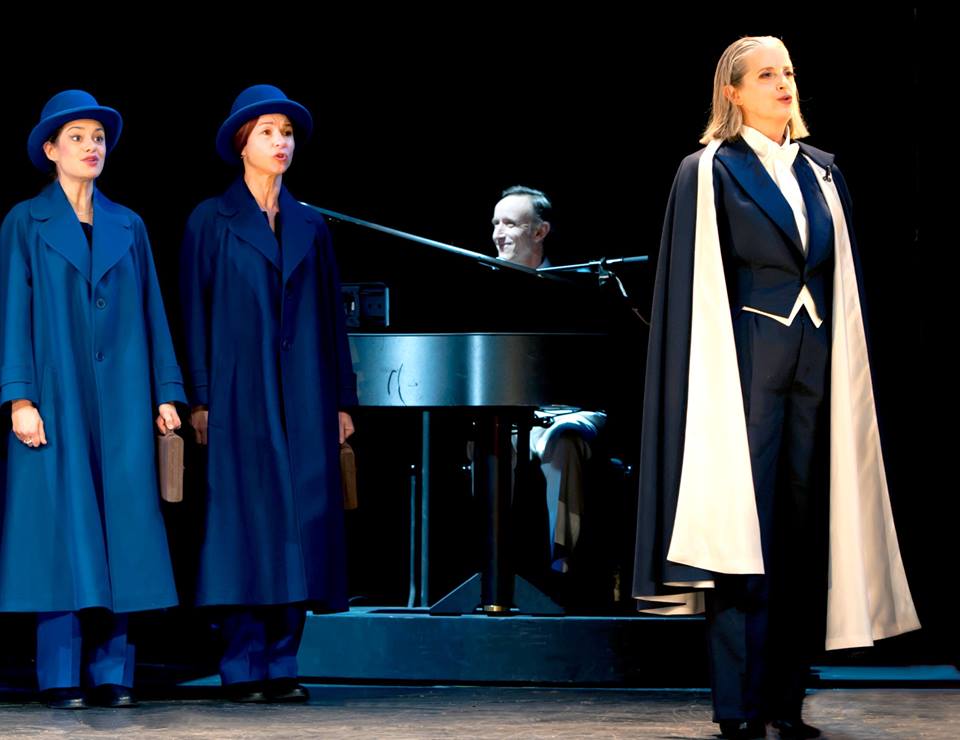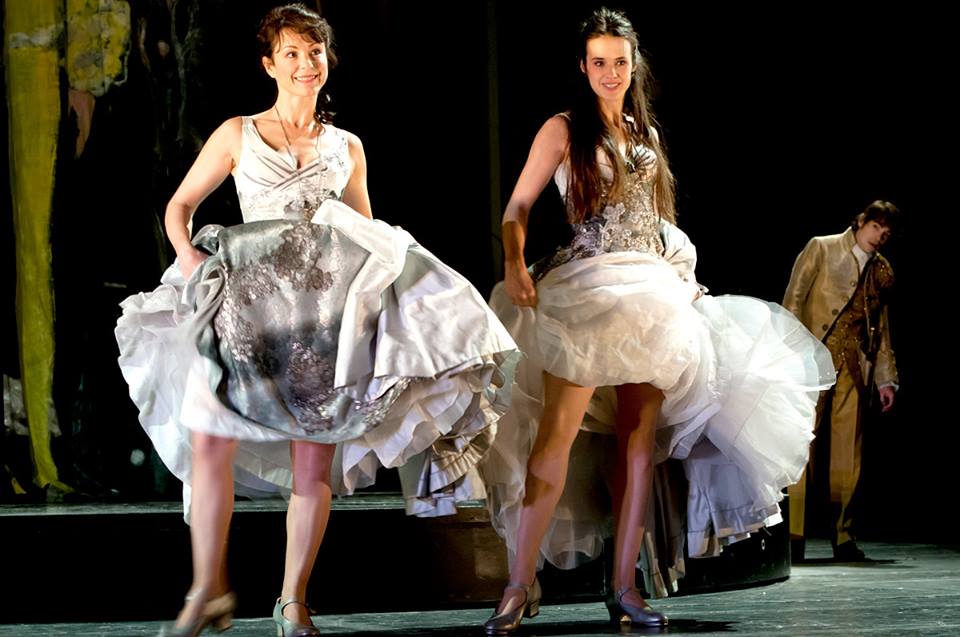Psyché
by Molière
Directed by Véronique Vella
Richelieu
Richelieu
Psyché
2013-12-07 00:00:00 2014-03-04 00:00:00
Venus cannot bear being outshone by the young Psyché, a mere mortal whose beauty leaves men spellbound.
Psyché is also envied by her own sisters, who are neglected by two princes who have eyes for Psyché alone. To make this rival suffer, the goddess of beauty commands her son, Cupid, to make Psyché love him without him loving her in return. It is to no avail as the two young people fall head over heels in love, arousing the ire of Venus. For her own revenge, the mother sacrifices her son’s happiness... From the earth to the heavenly palace Cupid builds for Psyché, from the Underworld where we see Venus to Olympus where Jupiter offers her immortality, Psyché takes us on a fantastic journey exploring the limits of theatre and music.
Molière, the author
In 1671, Molière wrote Psyché, the first work described as a “tragedy-ballet” at the request of Louis XIV, for whom he had created The Bourgeois Gentleman. Having only seven weeks to deliver a play celebrating the reopening of the Salle des Machines of the Tuileries Palace, the help of Corneille – author of 1100 lines of verse in the lay – was precious. This is the only play on which the two authors collaborated, with Quinault also penning the sung verses. Shortly after the adaptations by Donneau de Vise (1670) and La Fontaine (1669) of the Apuleius fable from the latter’s Metamorphoses, Molière and Corneille take up the theme of Psyché in a spectacular production, summoning the gods, nymphs, forest deities, nymphs and more than one hundred and eighty dancers and musicians for the musical and choreographic interludes performed for the Court. Nonetheless, Psyché marked the end of the collaboration between Lully and Molière, who died two years later. This play, one of Molière’s most dazzling, then sank into oblivion, subsequently reappearing more often as an opera than a piece of theatre.
Véronique Vella, the director
After Cabaret Érotique (2008), Marcel Aymé’s The Wolf at the Studio-Théâtre (2009) and René Guy Cadou, la cinquième saison at the Théâtre du Vieux-Colombier (2013), Véronique Vella takes on the Salle Richelieu stage as a director with Psyché, an “oxymoron play” for its “tragedy-ballet” subtitle and its multiform writing. In her view, this theatre never stirs the audience’s emotions more than when it presents its stage bare. Her staging of this play originally written for the impressive Salle des machines thereby offers a different perspective on this love story, on family relations and the mirror relations around Psyché. In appropriating this most cherished of settings for her to stage this fable bringing together men and gods in all their excess, Véronique Vella, who has a passion for singing, is inspired by the “frenzied fervour” of the three authors who have the characters sing when words fail to express the indescribable.
2:15 WITHOUT INTERMISSION

Creative team
Direction and songs****: Véronique Vella
Artistic collaboration****: Alison Hornus
Scenography****: Dominique Schmitt
Painted sets****: Anne Kessler
Costumes****: Dominique Louis
Lights****: Patrick Méüs
Original soundtrack****: Vincent Leterme
Choreography****: Elliot Jenicot
Sound design****: Jean-Luc Ristord
Make-up****: Catherine Bloquère
Distribution
the company
-

-
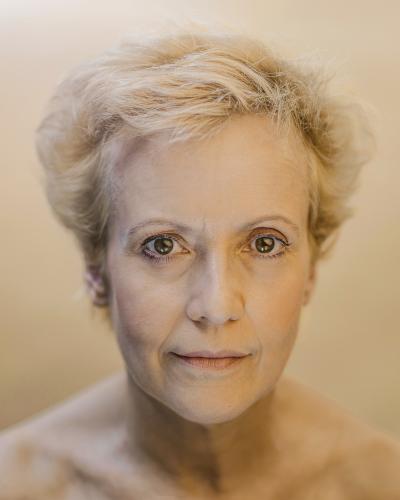
-
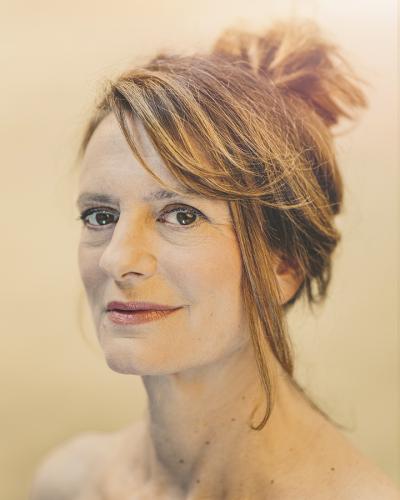
-
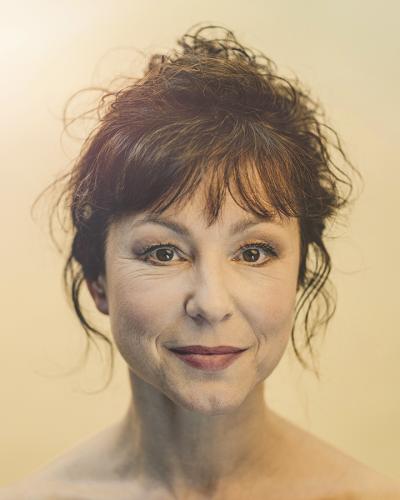
-
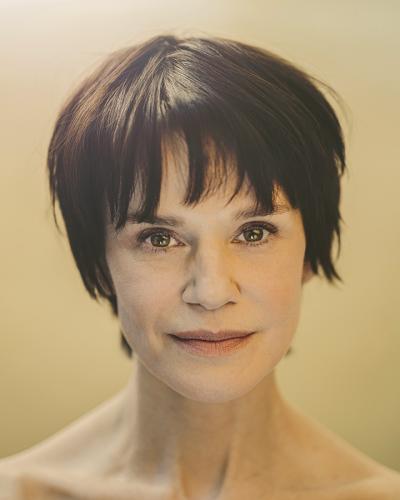
-
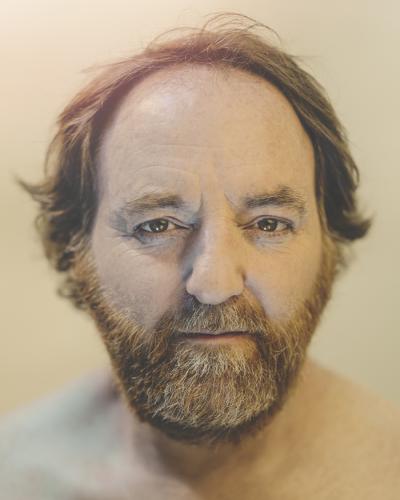
Jérôme
PoulyZéphire et Chœurs
-
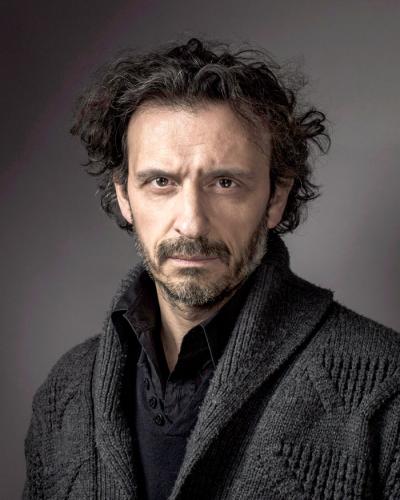
-

Benjamin
JungersL’Amour
-

Félicien
JuttnerCléomène, prince amant de Psyché, Vertu
-
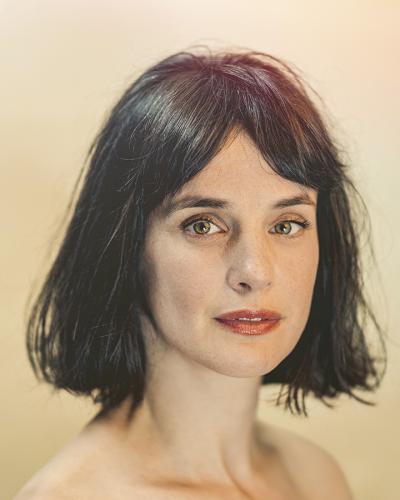
-

Pierre
HancisseAgénor, Palaemon et Chœurs
-
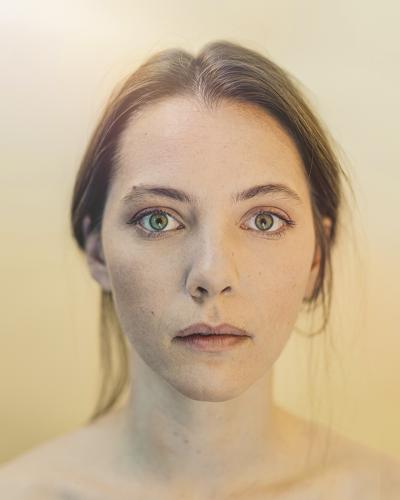
The Comédie-Française Academy
-
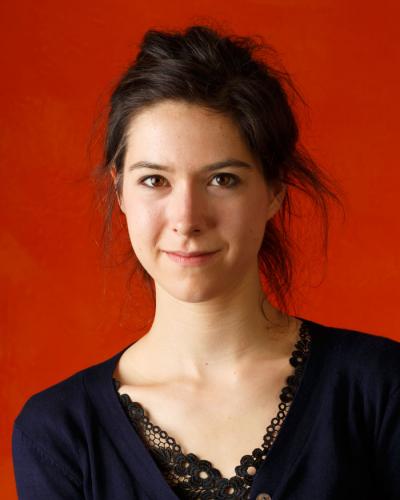
Heidi-Eva
ClavierLe Chœur
-
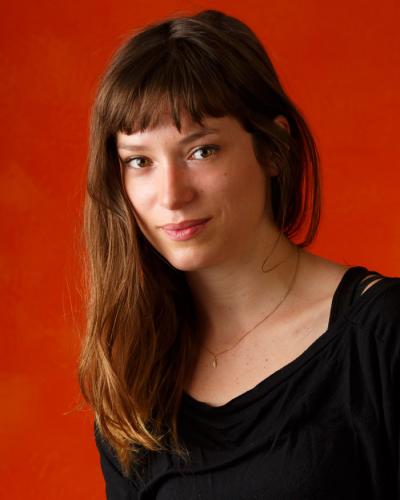
Lola
FelouzisLe Chœur
-

Matej
HofmannLe Chœur
-

Paul
McAleerLe Chœur
-
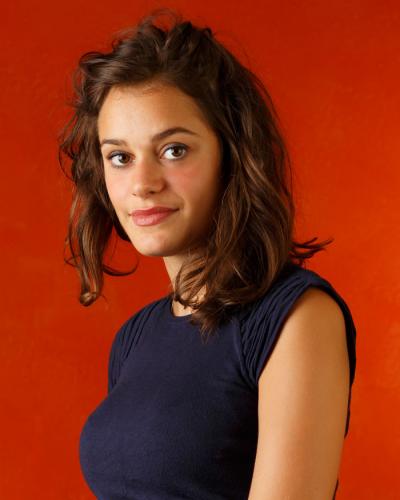
Pauline
TricotLe Chœur
-

Gabriel
TurLe Chœur
and
Véronique Briel: Pianist
Vincent Leterme****: Pianist
